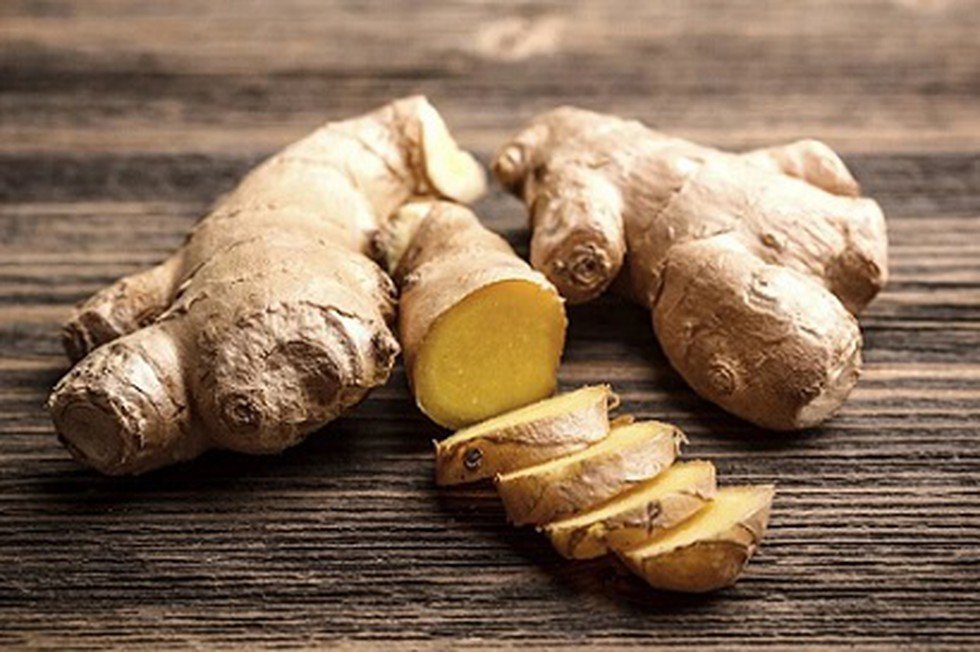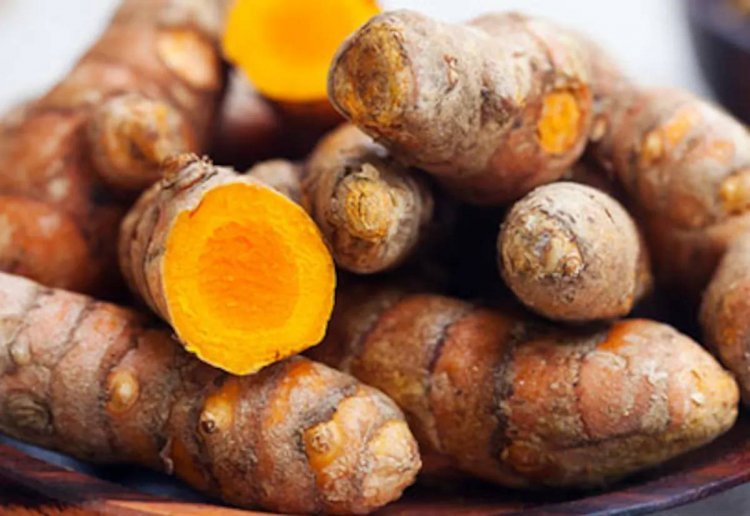Largest Ginger Producing State in India
India, known for its agricultural diversity, has achieved yet another milestone in the production of ginger. As per recent data, one particular state has emerged as the largest producer of this aromatic and medicinal herb, significantly contributing to the nation’s agricultural output.
Ginger Production Statistics
According to the latest agricultural statistics, Meghalaya has surpassed other states to become India’s largest producer of ginger. This northeastern state has exhibited remarkable growth in ginger cultivation, leveraging its conducive climatic conditions and dedicated farming practices.
Factors Contributing to Meghalaya’s Success
Meghalaya’s ascent to the top spot in ginger production can be attributed to several factors. The state’s moderate climate, abundant rainfall, and fertile soil provide ideal conditions for ginger cultivation. Additionally, government support and initiatives aimed at boosting agricultural productivity have played a crucial role in enhancing ginger production in Meghalaya.
Impact on Agricultural Economy
The rise of Meghalaya as the largest ginger-producing state signifies a positive economic impact on both the state and national levels. Increased ginger production not only boosts farmers’ income but also strengthens India’s position in the global spice market. This achievement highlights the potential of regional agricultural specialties in contributing to India’s overall agricultural growth.
Future Prospects and Challenges
Looking ahead, sustaining and further enhancing ginger production in Meghalaya will require continued investment in agricultural infrastructure, research and development, and farmer education. Addressing challenges such as pest management and market fluctuations will be crucial in ensuring the long-term success of ginger cultivation in the region.
Conclusion
In conclusion, Meghalaya’s emergence as India’s largest ginger-producing state underscores the significance of regional agricultural strengths in bolstering national productivity. This achievement not only celebrates the state’s agricultural prowess but also sets an inspiring example for other regions to harness their agricultural potential effectively.

Why this News is Important
Significance of Meghalaya’s Achievement
Meghalaya’s attainment of the title of India’s largest ginger-producing state holds substantial importance for various stakeholders involved in agriculture and beyond.
Boost to Agricultural Sector
This development signals a significant boost to India’s agricultural sector, showcasing the potential of regional crops in contributing to national production and economy.
Implications for Farmers and Economy
The increased ginger production in Meghalaya translates into improved livelihoods for farmers and enhanced economic growth opportunities, particularly in rural areas.
Historical Context
Background of Ginger Cultivation in India
Ginger cultivation in India has a long history dating back to ancient times. It has been traditionally grown in various states across the country, with specific regions becoming known for their superior quality and quantity of ginger production.
Evolution of Agricultural Practices
Over the years, advancements in agricultural techniques, irrigation methods, and crop management practices have contributed to the growth of ginger cultivation in states like Meghalaya.
Key Takeaways from “Largest Ginger Producing State in India”
| Serial Number | Key Takeaway |
|---|---|
| 1. | Meghalaya has become India’s largest producer of ginger. |
| 2. | Factors such as favorable climate and government support have contributed to this achievement. |
| 3. | The rise in ginger production in Meghalaya has positive economic implications, benefiting farmers and boosting the agricultural sector. |
| 4. | Continued investment in infrastructure and research is crucial for sustaining and enhancing ginger production in the region. |
| 5. | This development underscores the importance of regional agricultural specialties in India’s overall agricultural growth. |
Important FAQs for Students from this News
1. Which factors contributed to Meghalaya becoming the largest ginger-producing state in India?
- Answer: Factors such as favorable climate, abundant rainfall, fertile soil, and government support have contributed to Meghalaya’s success in ginger production.
2. How does ginger cultivation impact the economy of Meghalaya?
- Answer: Ginger cultivation boosts the income of farmers in Meghalaya, stimulates economic growth in rural areas, and enhances India’s position in the global spice market.
3. What are the challenges faced in ginger production in Meghalaya?
- Answer: Challenges include pest management, market fluctuations, and the need for continued investment in agricultural infrastructure and research.
4. What historical significance does ginger hold in India?
- Answer: Ginger has been cultivated in India since ancient times and holds cultural, culinary, and medicinal significance across various regions.
5. How can other states replicate Meghalaya’s success in ginger production?
- Answer: By focusing on enhancing agricultural practices, leveraging local climate advantages, and implementing supportive government policies, other states can aim to replicate Meghalaya’s success.
Some Important Current Affairs Links


















